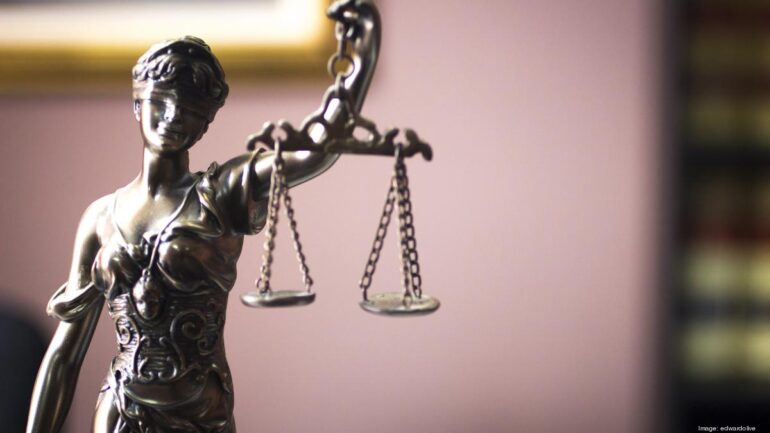TL;DR:
- Colorado lawyer, Zachariah Crabill, faces a one-year suspension and one additional day for using an AI chatbot, ChatGPT, to draft a legal motion.
- Crabill submitted a motion in a civil case without verifying the accuracy of AI-generated legal cases, leading to inaccuracies.
- He did not disclose the incorrect cases or withdraw the motion when questioned by the court.
- Crabill initially attributed the mistakes to a legal intern but later admitted to using the AI platform.
- Violation of the Colorado Bar Association’s Rules of Professional Conduct prompted the suspension.
- Crabill can potentially have the remaining suspension forgiven if he completes a 90-day suspension and two years of probation.
Main AI News:
In a recent development, a Colorado lawyer finds himself in the hot seat as he grapples with a one-year suspension and one additional day due to his controversial use of an AI chatbot for drafting a legal motion. The legal professional in question, Zachariah Crabill, now faces the consequences of relying on the artificial intelligence platform ChatGPT, which led to the creation of inaccurate and fictitious legal cases.
The saga began when Crabill, in May, utilized ChatGPT to assist him in crafting a motion for a civil case. Shockingly, rather than verifying the validity of the AI-generated cases, he proceeded to submit the motion without disclosing the inaccuracies or withdrawing it altogether. It was only during a subsequent hearing that questions arose about the potential inaccuracies, to which Crabill initially attributed the mistakes to a legal intern.
However, the truth eventually came to light when, six days after the hearing, Crabill filed an affidavit admitting his reliance on the AI platform in question. This revelation raised significant ethical concerns, and a ruling was issued, highlighting Crabill’s violation of several of the Colorado Bar Association’s Rules of Professional Conduct.
In light of these transgressions, Crabill now faces a one-year suspension from practicing law, along with an additional day as a symbolic gesture. However, there may be a path to redemption. If he successfully completes a 90-day suspension and two subsequent years of probation, the remaining portion of his suspension could potentially be forgiven.
Conclusion:
This case highlights the ethical challenges posed by the use of AI in the legal profession. It serves as a cautionary tale, emphasizing the importance of legal professionals exercising prudence and integrity when incorporating AI into their practice. For the market, it underscores the need for robust ethical guidelines and training as AI becomes more prevalent in the legal industry.

